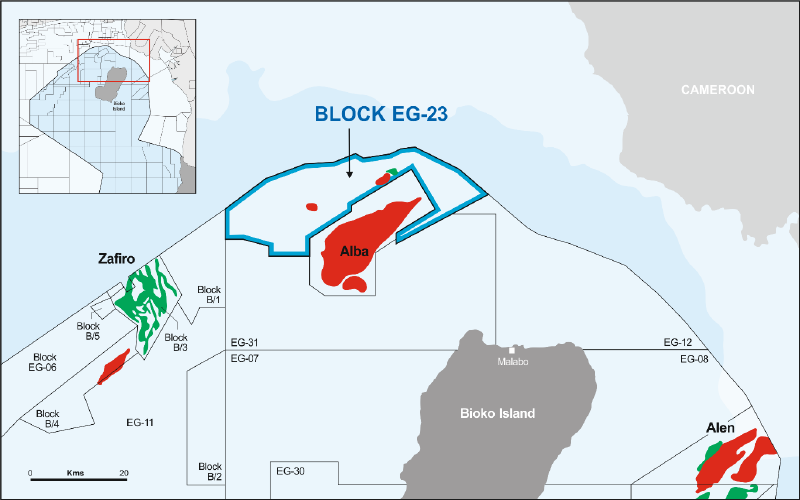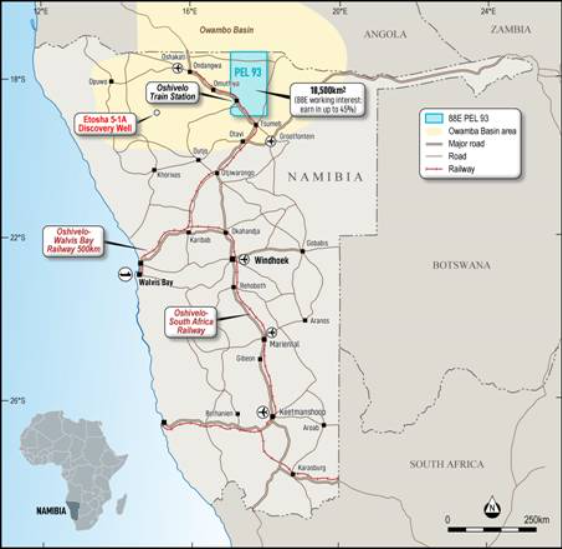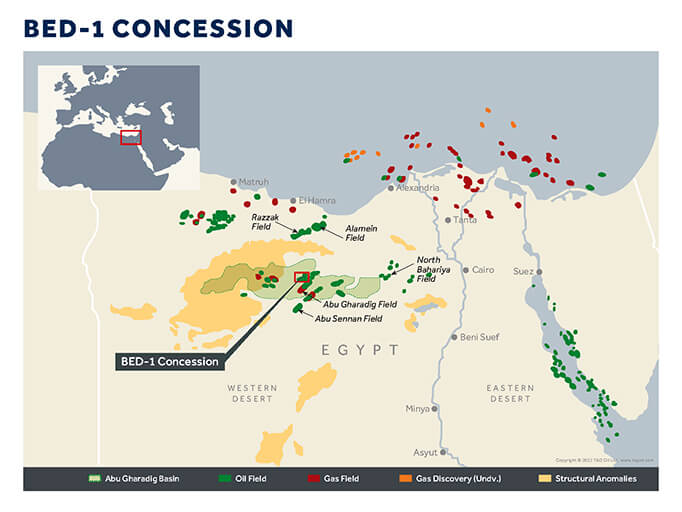Change in Kenya tax laws good for extractive sector
Kenya’s move to replace withholding tax with income tax on assignment of rights targeting the extractive industry has received praise from tax experts who say this move will encourage farm-outs especially ahead of the country’s planned oil production.
“To streamline industry’s tax regime, I have proposed to replace the current withholding tax with income tax on assignment of rights, (farm-outs) based on net gain in line with international practice. This will address the inherent challenges and promote mining, gas as well as oil exploration and extraction operations,” finance cabinet secretary Henry Rotich said during the budget speech.
According to tax expert Group Chief Executive at RSM Ashvir Ashiff Kassam this move will go a long way in encouraging foreign investors into the country as the use of income tax will see companies pay tax on their net gains unlike before where tax was based on the entire sale.
“Starting now companies who farm-out can pay tax based on their net profit which is the common practice internationally. This is particularly important as mining and exploration activities are in top gear in the country,” Kassam told OilNews Kenya.
This is particularly important as companies such as Tullow Oil and Africa Oil, which have already discovered oil in Turkana, plan oil production with the two lacking the financial capabilities to go it alone meaning there could be a few farm-outs soon similar to the situation in Uganda to CNOOC and Total in the Albertine basin.
“This move is not focused on the oil and gas sector alone, it is generally good for business for anyone in the extractive industry,” he added.
A number of farm-outs have already occurred in Kenya with a number expected in the coming months including one by Far Limited and Rift Energy.












This good for both Oil and Gas companies and Kenya in terms of investment.
This is good for both Oil and Gas companies and Kenya in terms of investment.
We are interested in initiating public discussions and dialogue about the Extractive Industries Transparency Initiative (EITI) in Kenya and advocate for projects aimed at encouraging the government of Kenya to join EITI. The EITI is a voluntary initiative that seeks to promote publication, disclosure and verification of revenue and payments made to government by companies in the oil, mining and gas sector. The initiative is meant to eliminate corruption, conflicts and poverty otherwise termed ‘resource curse’ by increasing revenue and payments from mining, oil and gas resources. It was launched in 2002 and is a voluntary standard that can be joined by governments and mining, gas and oil companies. The EITI principles espouse the following; prudent use of wealth from resources for economic growth and poverty reduction, recognition of the sovereign duty of governments to use wealth for benefit of citizens and national development and the need for public understanding of government revenue and expenditure. The EITI also calls for public financial accountability and management by government and extractive companies and respect of contracts and laws.
Further, the initiative recognizes the participation of all stakeholders in the process i.e. government, mining companies, communities, multilateral organizations, financial organizations, investors and non-governmental organizations. The EITI has criteria for countries that wish to implement and join it. In essence, countries should commit themselves to implement the following requirements; regular publication of all material mining payments made by companies to government and all revenue received by government from companies to a wide audience in a publicly accessible and comprehensive manner. The payments and revenues must then be subjected to a credible and independent audit and reconciled by an independent administrator whose opinion will be published. Participation of civil society in the design, monitoring and evaluation of the initiative is also critical.
The potential benefits of EITI to Kenya are that it can help the country to promote transparency and accountability in the extractves sector which has been plagued by secrecy and ensure that natural resources benefit all Kenyans and not a few people. Further, it may attract foreign direct investment and ensure that mineral resource revenues are used for economic development and poverty reduction. The EITI may also act as a trigger for access to information and public participation in the extractives sector.
We call for the establishment of an independent agency to regulate petroleum operations since no such agency exists. The current structure and appointments of members of the Energy Regulatory Commission, which regulates the entire energy sector including upstream petroleum does not give it the independence to check and balance political decisions.
The government needs to develop a comprehensive spending, investment and savings policy to ensure that revenue management reflects national consensus. More so there is need for the establishment of several spending frameworks such as the Budget Fund, which would control spending of petroleum revenues, the Stabilization Fund which would be used to save and cater for crude oil price volatility, and the Future Generations Fund to safeguard the welfare of future generations of Kenyans. We call for the establishment of a legal framework for transparency in oil and gas. This includes contract transparency, revenue transparency and expenditure transparency.